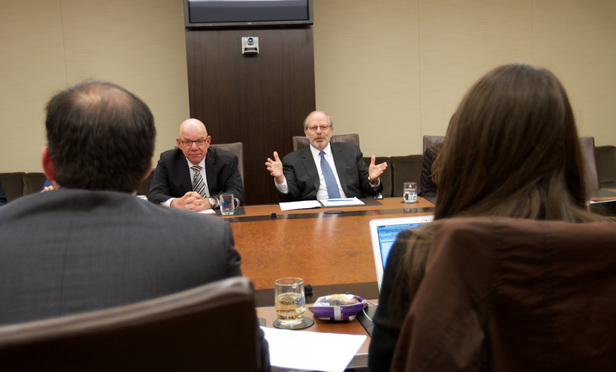Generally speaking, if you have a dispute in arbitration with issues that require expert evidence, you probably have a complex and therefore expensive problem. The use of an expert is going to be a correspondingly complex and expensive measure. Plan accordingly.
The use of experts in formal dispute resolution is, of course, often critical. Conveniently, the procedural “rule book” for the disclosure and presentation of expert evidence in federal court, for example, is set out in some detail in the Federal Rules of Civil Procedure 26(a)(2) and the relevant portions of the discovery rules that follow, supplemented by local civil rules, custom and practice. (The pertinent rules of the road in state court litigation are more or less comparably well defined.) And, given the relative clarity of those procedural rules, the myriad tactical decisions regarding the selection, preparation and presentation of experts and expert evidence are often made by rote.
This content has been archived. It is available through our partners, LexisNexis® and Bloomberg Law.
To view this content, please continue to their sites.
Not a Lexis Subscriber?
Subscribe Now
Not a Bloomberg Law Subscriber?
Subscribe Now
LexisNexis® and Bloomberg Law are third party online distributors of the broad collection of current and archived versions of ALM's legal news publications. LexisNexis® and Bloomberg Law customers are able to access and use ALM's content, including content from the National Law Journal, The American Lawyer, Legaltech News, The New York Law Journal, and Corporate Counsel, as well as other sources of legal information.
For questions call 1-877-256-2472 or contact us at [email protected]






